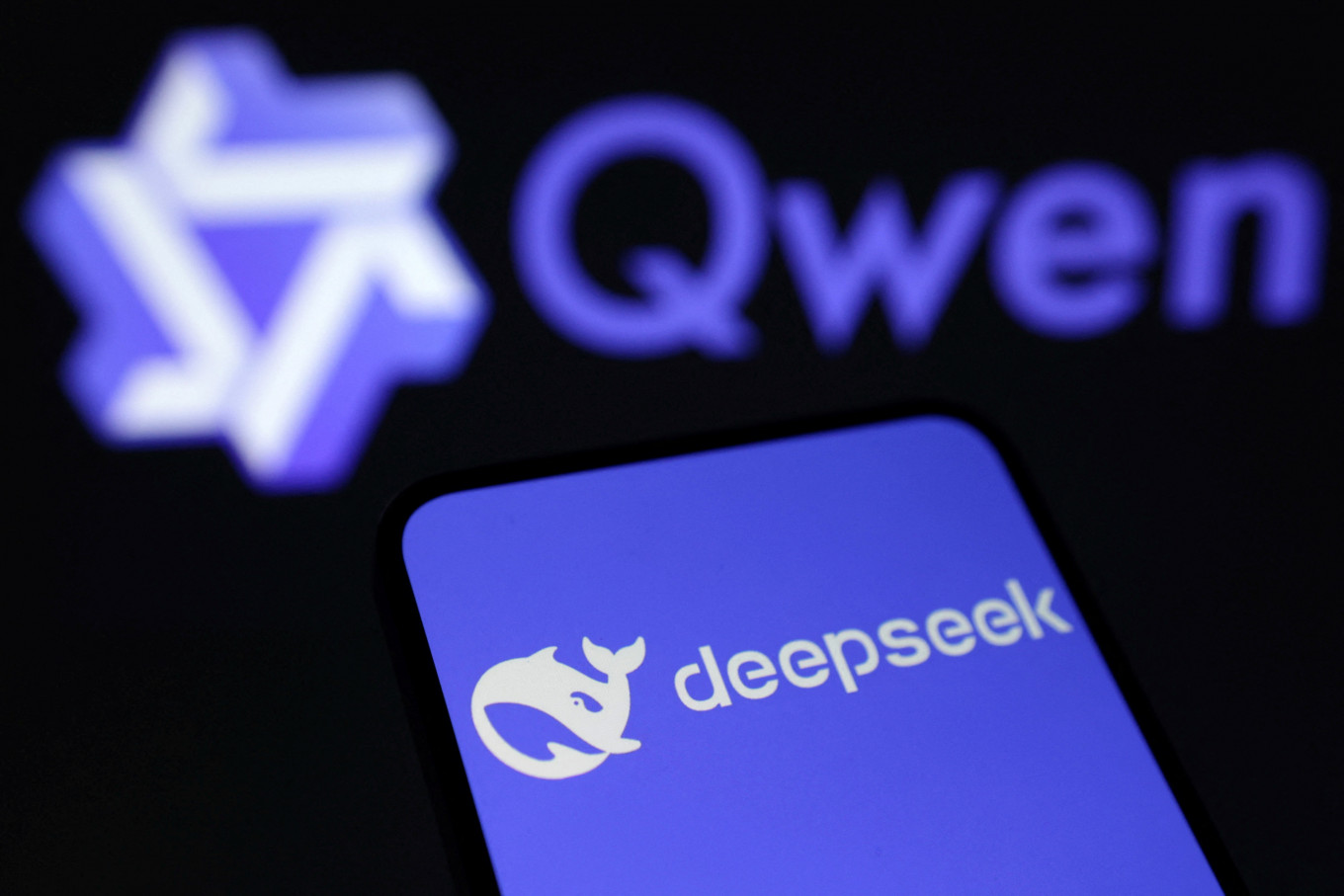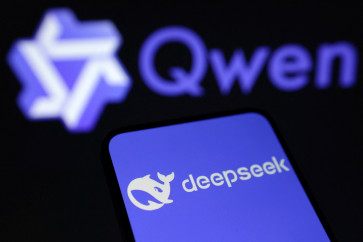Popular Reads
Top Results
Can't find what you're looking for?
View all search resultsPopular Reads
Top Results
Can't find what you're looking for?
View all search resultsThe Deepseek saga: Why AI education matters
Currently, informatics education only begins at the middle school level, meaning that if AI literacy is introduced in elementary schools, at least a portion of Indonesia’s 1.6 million elementary teachers will need training.
Change text size
Gift Premium Articles
to Anyone
T
he launch of Deepseek, a Chinese artificial intelligence model, last month sent shockwaves through the global tech industry. Praised for its ability to rival established players like GPT, Gemini and Llama, Deepseek stood out not just for its capabilities but for its remarkably low development cost.
The revelation triggered a sharp market reaction, with the stock prices of Silicon Valley’s tech titans taking a notable hit. The message was clear: the race for AI dominance is no longer the exclusive domain of Silicon Valley’s tech behemoths. Innovation hubs are emerging in other corners of the world.
In November 2024, Stanford University’s Institute for Human-Centered AI published its global ranking of the most active AI innovators. The United States, China, the United Kingdom, India and the United Arab Emirates topped the list of 36 ranked nations.
Other Asian powerhouses followed close behind. South Korea, Japan, Singapore and Malaysia placed seventh, ninth, 10th and 26th, respectively. The ranking methodology assessed six key components, including research and development, economic impact and education. Notably absent from the list is Indonesia.
AI is no longer a science fiction spectacle confined to Hollywood blockbusters. It now powers nearly every sector, from financial markets and creative industries to medical diagnostics and global supply chains.
According to the World Economic Forum, AI is projected to eliminate 92 million jobs by 2030 while simultaneously creating 170 million new ones. The widening gap between advanced and developing economies will hinge on how well nations prepare their workforce for this shift. One thing is certain: countries that fail to cultivate AI literacy and build an AI-ready labor force will struggle to compete in the future.
That gap is already coming into focus. While AI is reshaping industries and intensifying competition among major economies, much of the world’s youth remains passive consumers rather than active creators of this technology. Even more concerning, many lack AI literacy. A 2024 Ernst & Young survey of 5,000 Gen Z workers across 16 countries found that while most regularly use AI, their AI literacy scores ranged from just 44 to 61 out of 100.



















